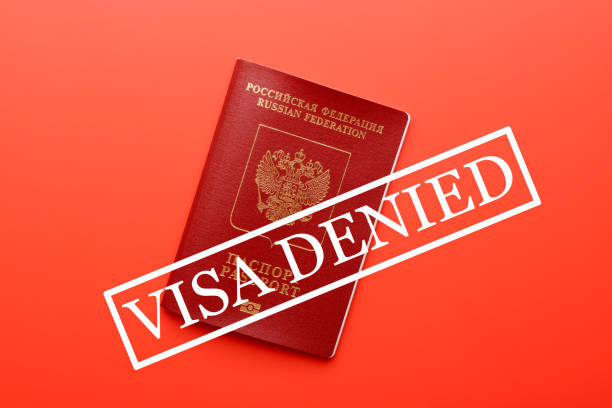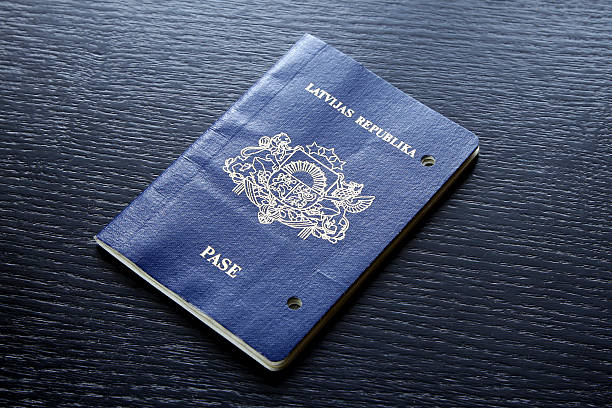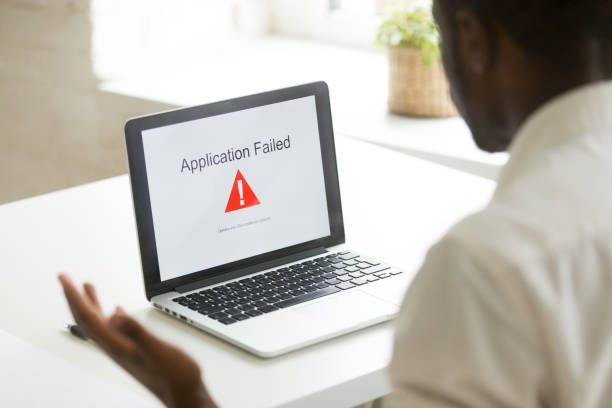
Application for the eVisa of Morocco is one efficient way of entry into this culturally rich and lively country. However, in certain cases, applications may not go through due to errors or incomplete observance of requirements. Being aware of common rejections and how they can be avoided may serve as an easy way through application.
Here are the essential documents that travelers must have to minimise Morocco eVisa rejection:
Complete, accurate and in proper format documents would definitely minimize the chances of refusal considerably.
Here are the most common reason that can lead to Morocco eVisa rejection:
The most common reason for which an Morocco eVisa application gets denied is due to incomplete or incorrect information on the application form. Any mistake regarding your details, such as name, date of birth, passport number, and travel dates, will just get your application rejected instantly. Even minor typos or inconsistencies can raise suspicion during the review process. Ensuring accuracy at this stage saves time and increases your chances of approval.

The authorities need your passport to be valid, at least, six months from your intended date of entry. Your application with an expired or almost expiring passport will not be accepted. The passport must be in good condition and is not torn, separating, water-exposed, etc. to avoid rejection.
How to Avoid:
The most common reason for rejection is when the documents are illegible or poorly scanned. The authorities require clear, high-quality copies of all the required documents in order to review your application. Blurry, cropped, or incomplete uploads may lead to confusion and unnecessary delays or outright denial. For example, a poor scan of your passport may make critical information, such as your name or passport number, unreadable. This often requires resubmission, which can delay the process even more.
How to Avoid:
Differences between your itinerary, proof of accommodation, and the data in your application may lead to rejections. For example, if dates of hotel reservations do not align with your dates of travel in the application, authorities will flag off a red light on your application due to inconsistencies. A conflicting itinerary with the proposed travel purpose will send eyebrows up questioning your application.
How to Avoid:
Travelers who do not meet eligibility are not allowed to get the Morocco eVisa due to factors such as ineligibility through nationality, passport type, or even travel purpose. Applying without verification of your eligibility is a complete waste of time, and might even affect your future application. For instance, an application made using a restricted passport type or traveling for a purpose which is not under the e-visa policy, like for long-term stay purposes will be rejected.
Check the eligibility criteria on the official eVisa portal before applying. Ensure your travel purpose is within the activities allowed by the eVisa that is either tourism or business. In case of doubt, one may consult the authorities for verification.
Incorrect and misleading information, intentional or unintentional, is grounds for rejection and might even bring about bans against future visa applications. They would cross-check your application for consistency, and the slightest lie, be it a wrong accommodation booking or forged proof of finance, could dent your credibility. Even minor errors in names or passport numbers may be misinterpreted as telling lies.
How to Avoid:

One of the common grounds for invalidation of the eVisa application is an incomplete or failed payment process. An application would not be processed further without a successful payment. Payment can fail because of issues on your card or with the payment gateway.
How to Avoid:
A past visa refusal or overstaying a previous Moroccan visa will make your application more scrutinized. They will perceive your application as high-risk and can reject it if concerns are not well addressed.
How to Avoid:
Financial Proof is meant to support that convinces the Authorities of an Applicant's capability to upkeep their stay in the Kingdom during this period
How To Avoid:
If additional documents or clarifications were requested by the Moroccan authorities, failure to respond in good time will result in the rejection of your application. Delays in response may signify disinterest or non-compliance.
How to Avoid:
Periodically check your email, including spam/junk folders, for correspondence coming from the eVisa portal. Answer in time and make sure that documents are not fuzzy, well-formatted, and correctly submitted. In case you face some technical difficulties while responding, contact their support team.

Other reasons, which might again cause errors while submitting, have to do with incomplete uploads of documents, interruptions of the Internet, or timeout of session periods. All these would result in delays and, in cases, rejection on the ground of your application being incomplete or invalid.
How to Avoid:
Application submissions too close to the date of travel may not afford enough time for processing in case errors or additional documents are requested. During peak travel times, the normal 5–10 business days for processing could be extended, making such applications quite risky.
How to Avoid:
Apply at least 2–3 weeks in advance of your intended travel date to account for processing times and any potential delays. Make sure to plan ahead during holiday or peak travel times when application volumes are high. Ensure your documents and information are correct to minimize issues in processing.
In the event of an eVisa application refusal, the authorities will state reasons for such a decision taken. Go through this feedback and apply corrective measures to address your problem. Correct the errors, or add more supporting documents, and reapply.
You are also free to contact the Consulate or Embassy of Morocco for further clarifications and assistance. They can actually provide guidance on resolving specific issues and improving your future chances of approval.
Disclaimer: While this information was last updated in January 2025, we strongly suggest confirming all travel details with the appropriate governmental agencies, embassies, and airlines.
Step1: Complete the online application by entering your passport details.
Step2: Make the payment online using a credit card.
Step3: Check your email for the payment confirmation and receive your e-visa.